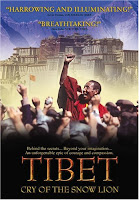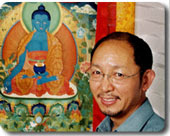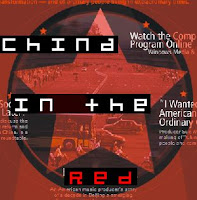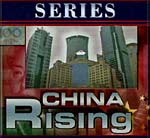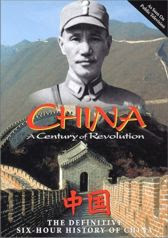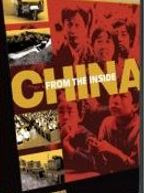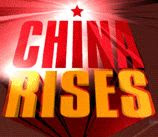In April 2004, Shi Tao was attending an internal meeting at work. His upper management verbally informed everyone of a publication just received from the Office of the Central Committee of the Chinese Communist Party. It was, essentially, a directive on how they should go about reporting the upcoming fifteenth anniversary of the Tiananmen Square Massacre.
Shi Tao made notes in the meeting and then sent an email - through his Yahoo account - to a friend at a web-magazine called Democracy Newsletter. His intent? He simply wanted to warn overseas democratic movement activists not to go back to China around that time to prevent their arrests.
Seven days later Shi Tao himself was arrested. April 27, 2005, Shi Tao was sentenced to ten years in prison for "illegally leaking state secrets abroad." Unfortunately, this was a typical sentence in a typical case. Like many intellectuals who had been given criminal sentences because of what they said, Shi Tao, 37 years old, may have, more or less been mentally prepared for this outcome. However, little could this journalist have imagined that one of the hands that had thrown him into prison was a company that he had relied on for years in his efforts to create political change - the US headquartered technology company, Yahoo!
So what exactly were the circumstances surrounding his arrest? And just what part do companies like Yahoo play in China's efforts in maintaining a tight control over their dictatorship?
Download (in 2 parts):
A beautiful historical exposé on the path China took away from God. It is a story reflective of every nation on earth today! For China knew the One True God for the first 2500 years of her 5000-year history. For the last 2500 years they have turned away from what they had known at first.


